Frankenstein, originally penned by Mary Shelley in 1818, is not just a cornerstone of Gothic literature but a story that continues to resonate through every generation. Whether reimagined in classic films, modern horror, or philosophical drama, the tale of Victor Frankenstein and his tragic creation remains a chilling reflection on ambition, identity, and the cost of playing god.
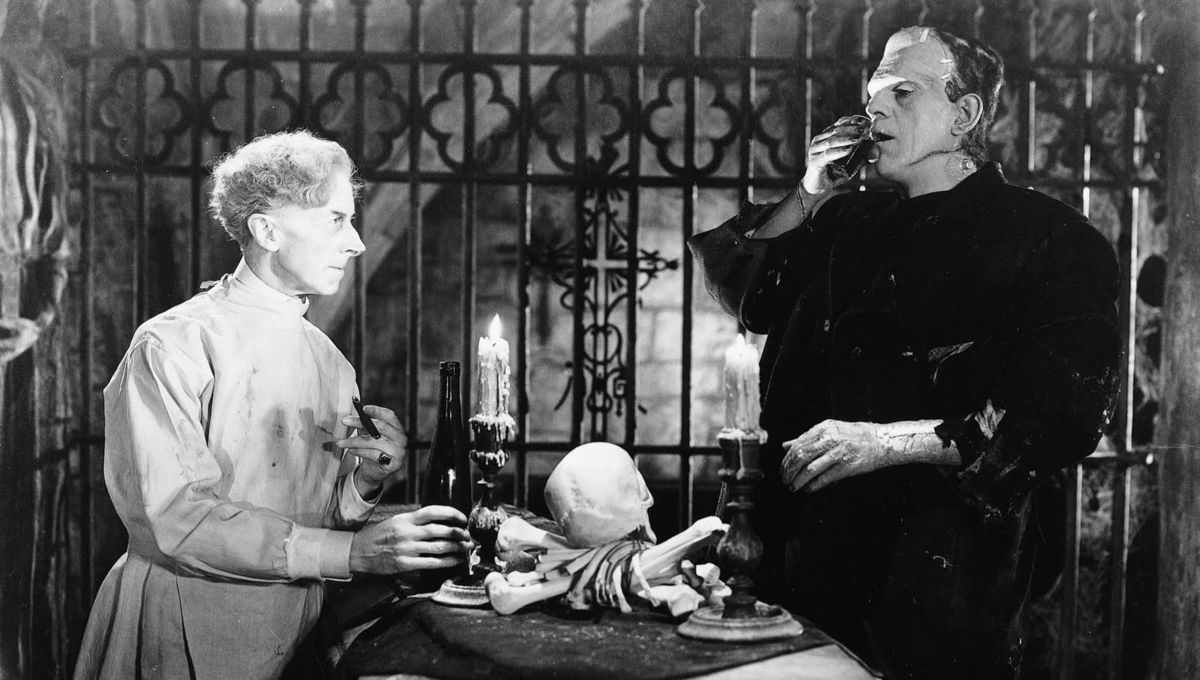
The central figure, Dr. Victor Frankenstein, is a brilliant but obsessive scientist who succeeds in animating life from dead tissue. His “creature,” often mistakenly called Frankenstein, is a being of great physical strength but also deep emotional complexity. At first innocent and curious, the creature turns vengeful and violent after being rejected by society and abandoned by his creator. What follows is a haunting journey across Europe, fueled by sorrow, rage, and a desperate longing for belonging.

What makes Frankenstein so enduring is not just its horror elements, but the deeply human questions it raises. Who is the real monster—the creature, or the man who gave him life but denied him compassion? Is the pursuit of knowledge inherently dangerous, or is it the lack of responsibility that makes it so? These themes echo throughout adaptations, from Boris Karloff’s iconic portrayal in Universal’s 1931 film to the poetic melancholy of Kenneth Branagh’s 1994 version, and even in modern sci-fi reinterpretations like Ex Machina or Victor Frankenstein.
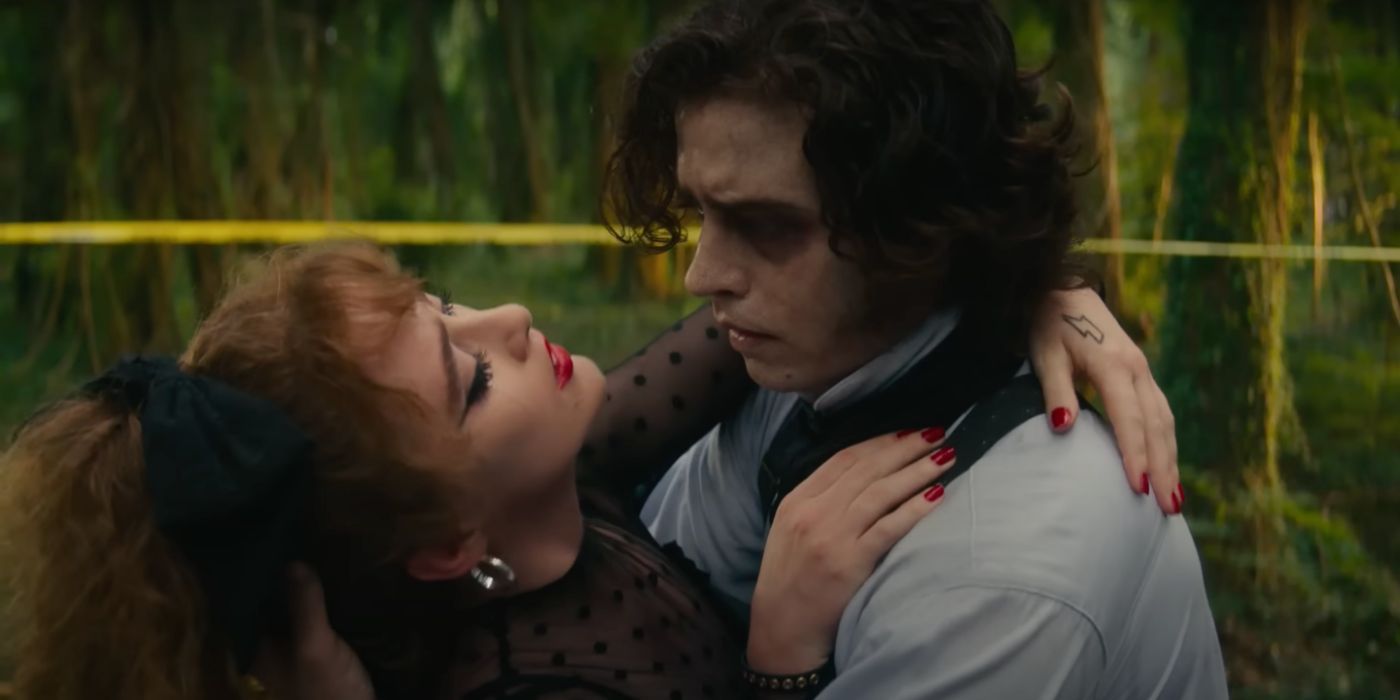
In cinema, Frankenstein’s monster has evolved far beyond Shelley’s original vision. Sometimes terrifying, sometimes sympathetic, he is often a mirror for our own fears—about technology, loneliness, and the ethics of scientific advancement. In nearly every adaptation, the creature’s pain, confusion, and anger feel achingly real, making him one of horror’s most tragic figures.
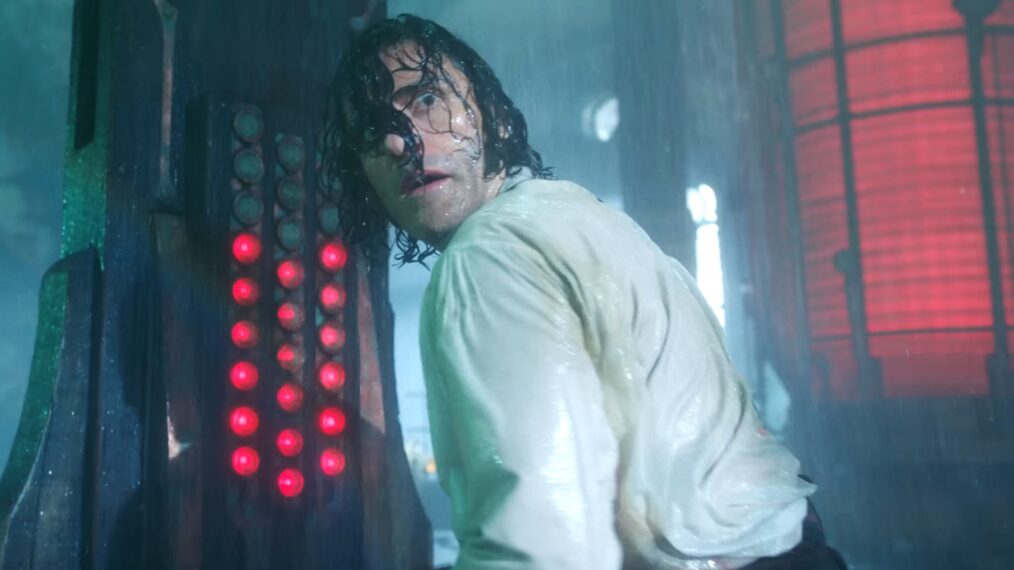
Upcoming versions of Frankenstein are continuing to push the boundaries. A24 is set to release a new adaptation directed by Guillermo del Toro, starring Oscar Isaac, Mia Goth, and Jacob Elordi. Known for his ability to blend beauty with monstrosity, del Toro’s take is expected to focus heavily on the emotional and existential core of the story.
At its heart, Frankenstein is not just a horror story—it’s a human one. A cautionary tale about creation without care, intellect without empathy, and what happens when the line between man and monster is no longer clear. Over 200 years later, its power remains undiminished.
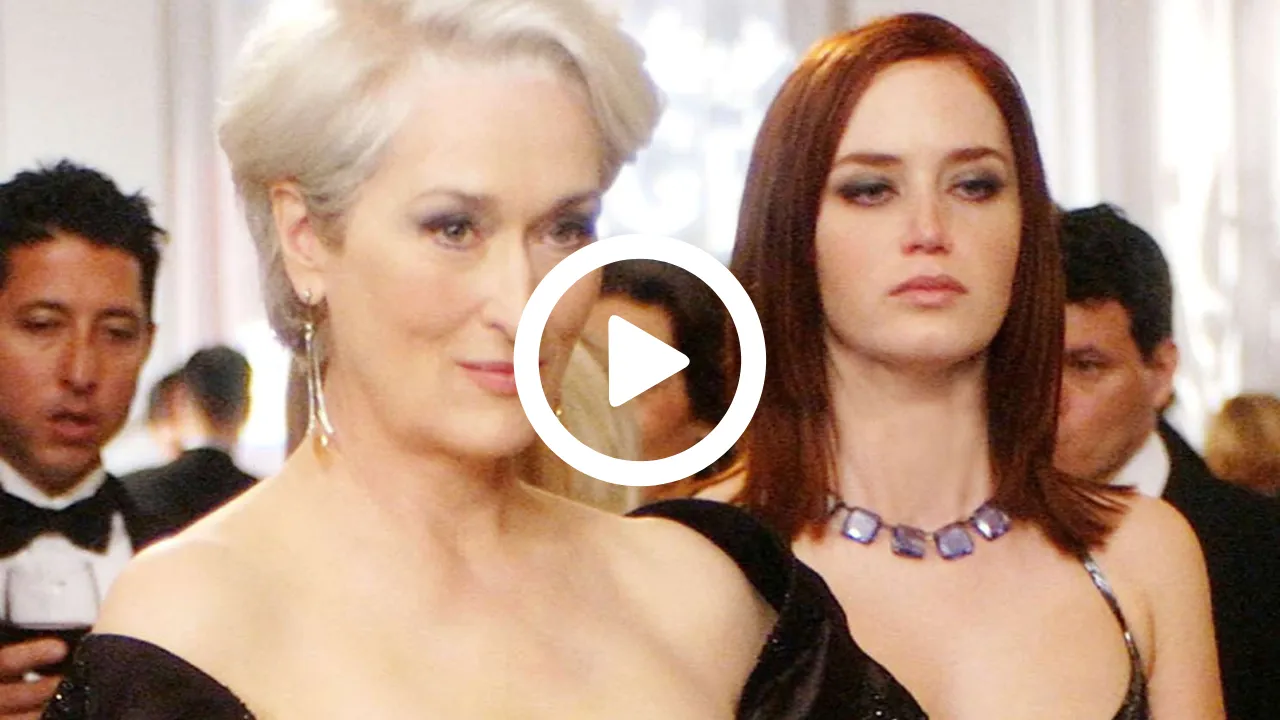
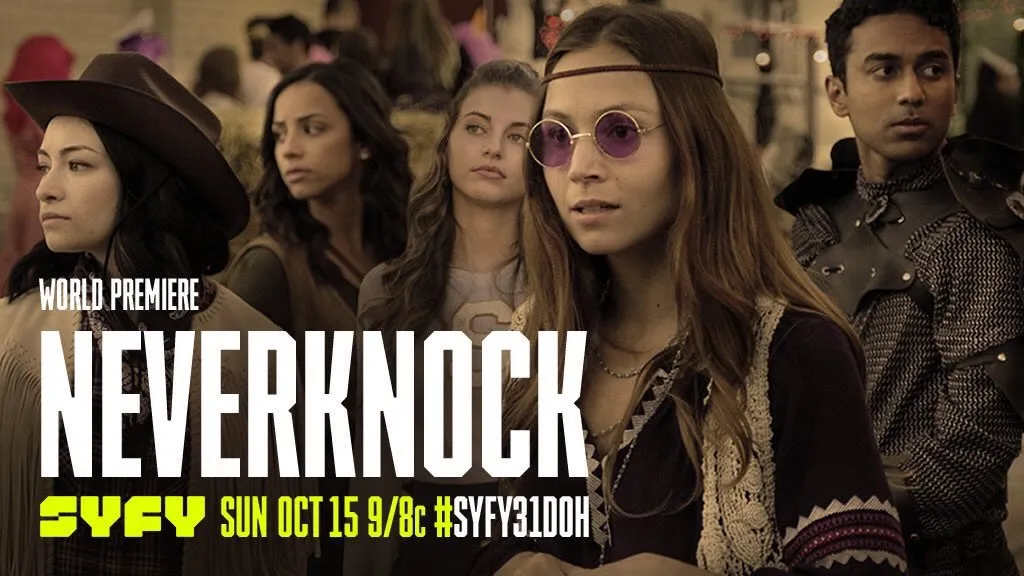
:max_bytes(150000):strip_icc()/DevilWearsPradaSequel-eedd89dfa77140f98d13be6cda4c63f2.jpg)
